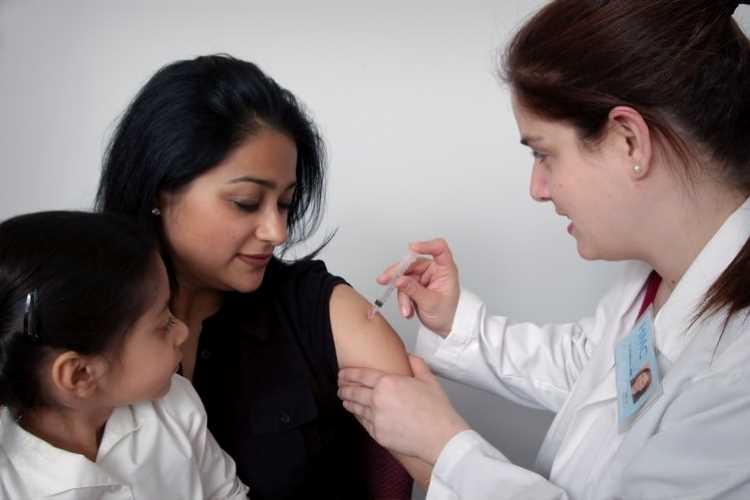By Richin S Kottaram
The world’s pharmacy is running out of Covid-19 vaccines now. On April 30, 2021, the Supreme Court asked the Union government while hearing the suo moto petition on the management of Covid-19 situation in India, “Why cannot compulsory licensing be invoked under Section 92 of the Patents Act 1970?” Compulsory licensing is regulators authorising companies to produce a patented product without the patent owner’s permission.
Section 92 of the Patents Act, 1970 empowers the Union government to issue compulsory licensing under three important conditions: (a) during national emergency, (b) extremely urgent requirement, and (c) for public non-commercial use. Presently, India became the first country in the world to report over 4 lakh daily cases and as many as 3,464 deaths on April 30, 2021. It does qualify for all the three conditions of the Act.
India is home for more than 3,000 pharma companies. It is the largest producer of generic drugs globally and supplies over 50% of the global demand for various vaccines. The pharmaceutical exports from India stood at $16.28 billion in FY20. The country has a large pool of scientists and engineers with the potential to drive the industry to greater heights. Still, it doesn’t have enough Covid-19 vaccine doses to meet its own demand.
If India wants to vaccinate everyone above the age of 18 in the next one year, it will require around 4 to 5 million doses a day. The proposed total production capacity of Serum Institute and Bharath Biotech is not more than 3.8 million doses a day. These two firms are producing Covid-19 vaccines – Covishield and Covaxin – in India. No other Indian firm has the licence to produce Covid vaccines.
READ I Unemployment, uncertainty chipping away at India’s demographic dividend
Can Covid-19 vaccine patents be waived off?
Patents provide the makers of the vaccine exclusive right to manufacture the product. Under patents, they can lock their recipes and charge a price that covers their research and development costs. Making super profits during a crisis such as a pandemic is unethical and can be controversial. Earlier in 2020, India and South Africa had submitted a landmark proposal to the World Trade Organisation (WTO), requesting the members to waive off four categories of IP rights – copyright, industrial designs, patents and undisclosed information — under the Agreement of Trade-Related Intellectual Property Rights (TRIPS) until the majority of the world population receives effective Covid-19 vaccines and develops immunity to the virus.
Eswatini, Kenya, Mozambique and Pakistan are co-sponsoring this proposal. After the initial round of discussions and deliberations at the council of TRIPS, 100 countries have supported this proposal. Members such as Australia, Brazil, Canada, the EU, Japan, Norway, Switzerland, and the UK withheld the support that would help build the much-needed consensus on the proposal. However, considering the global health crisis and the extraordinary circumstances, the US on Wednesday (May 5, 2021) extended its support to waive intellectual property protections for vaccines.
In this scenario, even though patents are privately held, countries would be able to manufacture their own vaccines. Some of these countries have traditionally backed the interests of their pharmaceutical corporations through a proprietary intellectual property system. The proposal is still in discussion and it requires the consensus of all the withholding members.
READ I Covid-19: Multilateralism, diplomacy can improve pandemic response
Why compulsory licensing may not help
Many of the policymakers and twitter handles call for compulsory licensing in which the government issues licences to companies to produce the patented vaccine without owner’s permission. While this option seems to be a possibility, there are practical difficulties in implementing it. If we consider Covaxin and Covishield, the former is the only “Indian” IP Covid-19 vaccine with approval as of now. Latter is the IP of AstraZeneca sub licensed by Serum Institute of India. AstraZeneca is British-Swedish company that itself has an exclusive licence of the IP for the Covid-19 vaccine from Oxford University.
Some economists argue that even if the government issues compulsory licensing, it is unlikely to improve the supply of vaccines in the country. In addition, two public sector units, Indian Immunologicals Limited and Bharat Immunologicals are being provided permission to produce Covaxin with financial support from the government. However, the production capacity is limited to only 10-15 million doses a month. Recently, a Maharashtra state PSU, Haffkine Institute, also got the licence to manufacture Covaxin.
READ I Women bear the brunt of job losses as Covid-19 devastates Indian economy
The Union government has approved Rs 65 crore for the project under Covid Suraksha Yojana. However, adhering to the Biosafety Level 3 Production Facility (safety level applicable to clinical, diagnostic, teaching, research, or production facilities where work is performed with agents that may cause serious or potentially lethal disease through inhalation, to the personnel, and may contaminate the environment), it will take another year for the vaccine to roll out from there. Thus, compulsory licensing may not solve the issue of vaccine shortage instantly.
Compulsory licensing can be a powerful health tool only when it is likely to improve the supply of vaccines as per the demand of the country. It can only be effective if the public sector undertakes the production, as the private companies would be reluctant to use it because of the chances of prolonged litigations and compensations.
Also, issuing compulsory licensing now will be less useful as the companies will take another year at least, to come up with the vaccine as they would have to reverse engineer the production. Thus, compulsory licensing may not be an efficient tool to solve the issue of Covid-19 vaccine shortage. We need a policy intervention beyond compulsory licensing.
(Richin S Kottaram is Pedagogical Research Associate and Course Creator (Public Policy) at Indian Institute of Management, Bangalore and Research Consultant at National Law School of India University, Bangalore.)

